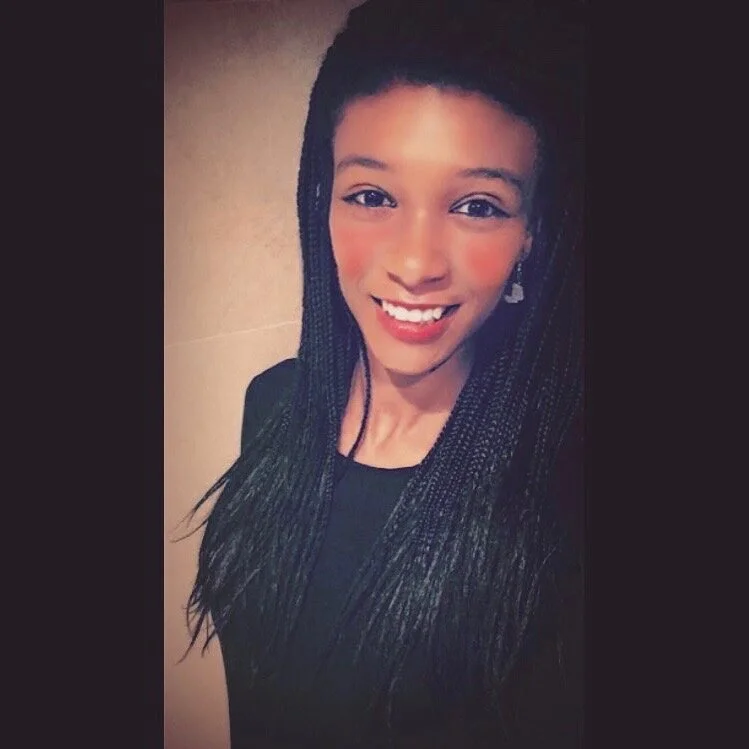The topic surrounding the safety and security of refugees in recent years has been a major discussion in the United States and in Europe, as these regions are considered to be the most developed in the world.
But despite this attention, there remains a limited focus on refugees and defectors from North Korea. Some of these defectors often find refuge in South Korea, but must go through a network of people and obstacles in neighboring East Asian countries. Only in some cases might their journey result in their settlement in the United States.
CHINA CRACKING DOWN ON “UNDERGROUND RAILROAD” FROM NORTH KOREA
China currently has a harsh policy in place for North Korean defectors. What was once called an “Underground Railroad” from North Korea into China has been disrupted in recent months by Chinese authorities. If caught, they are immediately sent back to North Korea as they await an even harsher lifestyle of forced labor.
DEFECTORS IN SOUTH KOREA LACK SUPPORT DUE TO CUTS IN FUNDING
Last year, South Korea cut funding for Human Rights projects dedicated to North Korea in a meeting between the North’s Kim Jong Un and the South’s Moon Jae In. North Korean defectors have lost up to a third of the financial support previously offered as a result of this agreement. Funds were initially given to North Korean defectors to help them acclimate to their new homes and to find housing, but this project too was cancelled as a result of the new agreement.
The justification for this is that less defectors are coming in. However, this only hurts those who have already entered the country, not taking into consideration that there is only an overall decrease in defectors due to an increased security around North Korea’s borders. As a result, South Korean funds are now being used to help the people in the capital city of Pyongyang, but this only offers more privileges to those who already benefit the most from the regime because of their loyalty to it.
REFUGEES ARE STRUGGLING BUT ARE ALSO RESILIENT
Many defectors go on to become activists in South Korea, the United States, and the United Kingdom, by telling their stories and by looking comparatively and analytically at the current global discussion on refugees in the 21st century.
Many refugees suffer from PTSD globally; whether they are fleeing from North Korea or all the way from Syria, these unique groups who have had to flee their homes because of crimes against humanity continue to educate and empower communities across all cultures, regardless of their struggle. In spite of the complex relationship between governments, refugees, and a country’s citizens, refugees continue to display resilience in the face of adversity.
Following the completion of a Master's Degree in Political and Ethnic Conflict Resolution at King's College London, India will embark on a PHD program at the University of Westminster in London. Currently, she is a freelance writer and writes about issues of social justice, human rights, and education.

